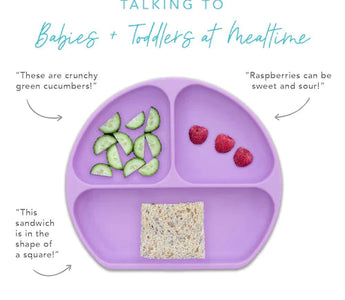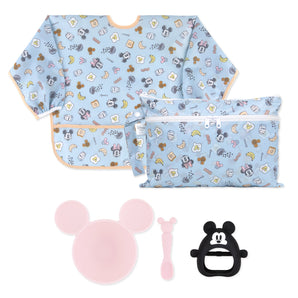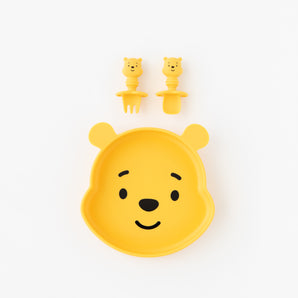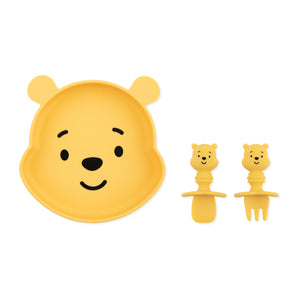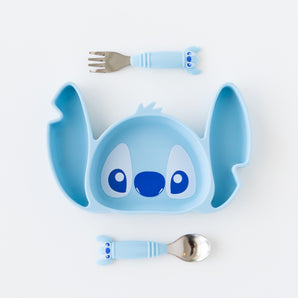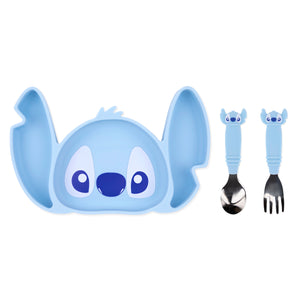By: Pegah Jalali, @pediatricdietitian
Research shows that pressuring kids to eat at meals can result in them eating less and trying fewer types of food. So taking the pressure off our kids during meals can help make the experience better for them and us!
Remember, how much your child eats in one meal or one day does not matter. Try to step back and look at the big picture. If you have concerns about your child's nutrition or feeding, please check with your pediatrician.
What is neutral language, and how can you use it to communicate for a better experience at mealtime?
Neutral language at meals can be helpful. Neutral language focuses on describing food without pressure to eat or labeling foods as good or bad.
For example, it can be tempting to ask, "Do you like it?" But this can feel like pressure to the child. Whether they like it or not doesn't really matter. Sometimes children and adults may choose not to eat foods that they enjoy. As a parent, you choose the food to serve, and it is your child's choice whether to eat it and how much!
It is actually more neutral to simply describe the food, such as, "This is a red grape. Grapes can be red or green or black!".
Let your child decide how much they want to eat
I have also heard parents ask their children, "How come you don't want to eat more?" This definitely puts a lot of pressure on the child during a meal. Try to avoid commenting on how much food your child or anyone else at the table is eating. Whether you believe your child is eating too little or too much, commenting on it can make them feel pressured to eat less or more to please you.
Has anyone ever commented on how much you were eating at a meal? Did this make you feel comfortable or good? Instead, focus on letting your child know that they are in charge of how much they eat by asking, "Are you all done?" (even if you feel frustrated with the amount they have eaten!).
Try to avoid labeling foods or using certain foods as rewards
We also want to avoid teaching our children that they need to earn certain foods. Saying something like "If you finish your broccoli, then you can have ice cream" may seem harmless, but in the long run, it reinforces the idea that broccoli is a punishment and ice cream is a reward. It also teaches children that ice cream is very desirable and that broccoli is less desirable. It is best to neutralize foods by avoiding calling them good or bad and making children eat other foods to earn them.
The below table has some suggestions of phrases to try to move away from and words you can replace them with.

Nonverbal communication works too!
Mealtimes are a great place to teach communication to your baby or toddler. Describing the meal and food can be very helpful to babies and toddlers who are learning about food and words.
Sign language can also be a powerful way to empower your baby or toddler to learn to communicate with you during meals. Look up the sign for all done, more, and eat to get started with your baby or toddler.
Have a picky eater? Check out these tips.
